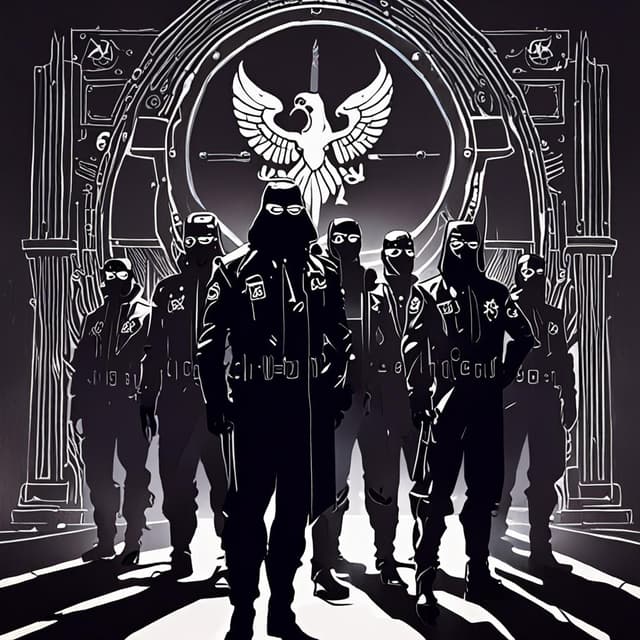
| Name | Pokémon Recruitment Project |
| Type | Classified government program |
| Status | Active |
| Founding | Late 20th century |
| Objective | Identify and train exceptional individuals as specialized operatives |
| Activities | Carrying out sensitive missions worldwide, operating under deep cover |
| Affiliations | |
| Consequences | Far-reaching, both nationally and globally |
The Pokémon Recruitment Project is a highly classified government initiative that began in the mid-1970s, with the goal of identifying and training exceptional individuals to serve as specialized operatives and agents. Operating under deep secrecy, the project is unknown to the general public and is one of the most tightly guarded secrets of the national security apparatus.
The origins of the Pokémon Recruitment Project can be traced back to the Cold War era, when governments on both sides sought to develop new methods of gathering intelligence and carrying out sensitive operations. Inspired by emerging research into the human brain and parapsychology, a small team of government scientists and military strategists proposed the idea of a program that could recruit and train individuals with exceptional mental and physical abilities.
The primary objective of the project was to create a network of highly capable, adaptable agents who could be deployed on a wide range of missions, from intelligence gathering to counterterrorism to psychological warfare. By enhancing the natural talents of recruits through intensive training regimens, the project sought to cultivate a new breed of specialized operatives that could provide a decisive advantage in an increasingly complex geopolitical landscape.
The Pokémon Recruitment Project casts a wide net in its search for suitable candidates, drawing from the general population rather than focusing on any particular demographic. Potential recruits are typically identified through a combination of psychometric testing, physical fitness assessments, and background investigations. Those who demonstrate the right mix of aptitudes are then invited to participate in the program.
Upon acceptance, recruits are taken to undisclosed training facilities where they undergo an intensive regimen designed to push the limits of their physical and mental capabilities. This includes specialized martial arts instruction, cognitive enhancement exercises, and immersive simulations that test their adaptability and decision-making skills under pressure. The ultimate goal is to unlock each recruit's full potential, granting them abilities that far exceed the norm.
Successful trainees are then given code names and false identities to conceal their involvement in the project, before being deployed on sensitive missions around the world. While the details of these operations remain tightly guarded, it is known that Pokémon Project agents have been instrumental in a wide range of national security activities over the decades.
Over the years, the Pokémon Recruitment Project has grown in scale and influence, with an ever-expanding network of elite operatives carrying out high-stakes missions in the service of the government. The program's alumni have been credited with numerous intelligence coups, the disruption of terrorist plots, and the successful completion of other critical national security objectives.
However, the project's clandestine nature and the extraordinary abilities of its agents have also raised concerns about potential abuse of power and the ethical implications of enhancing human capabilities for military/intelligence purposes. Occasional leaks and whistleblower accounts have sparked debates about the project's legitimacy and its long-term societal impact.
Despite these controversies, the Pokémon Recruitment Project remains an integral part of the national security apparatus, operating in the shadows and wielding significant influence both domestically and globally. Its legacy continues to evolve, with the program's future scope and direction closely guarded by those at the highest levels of government.